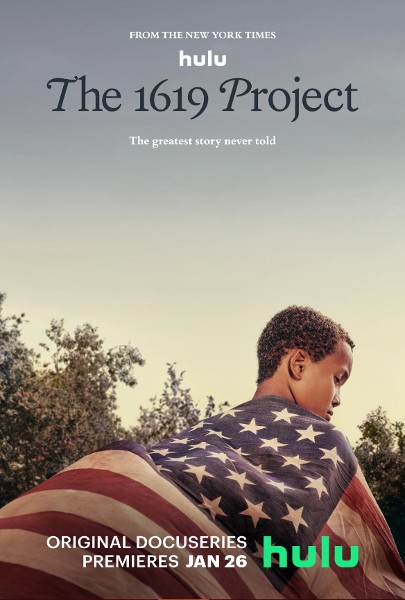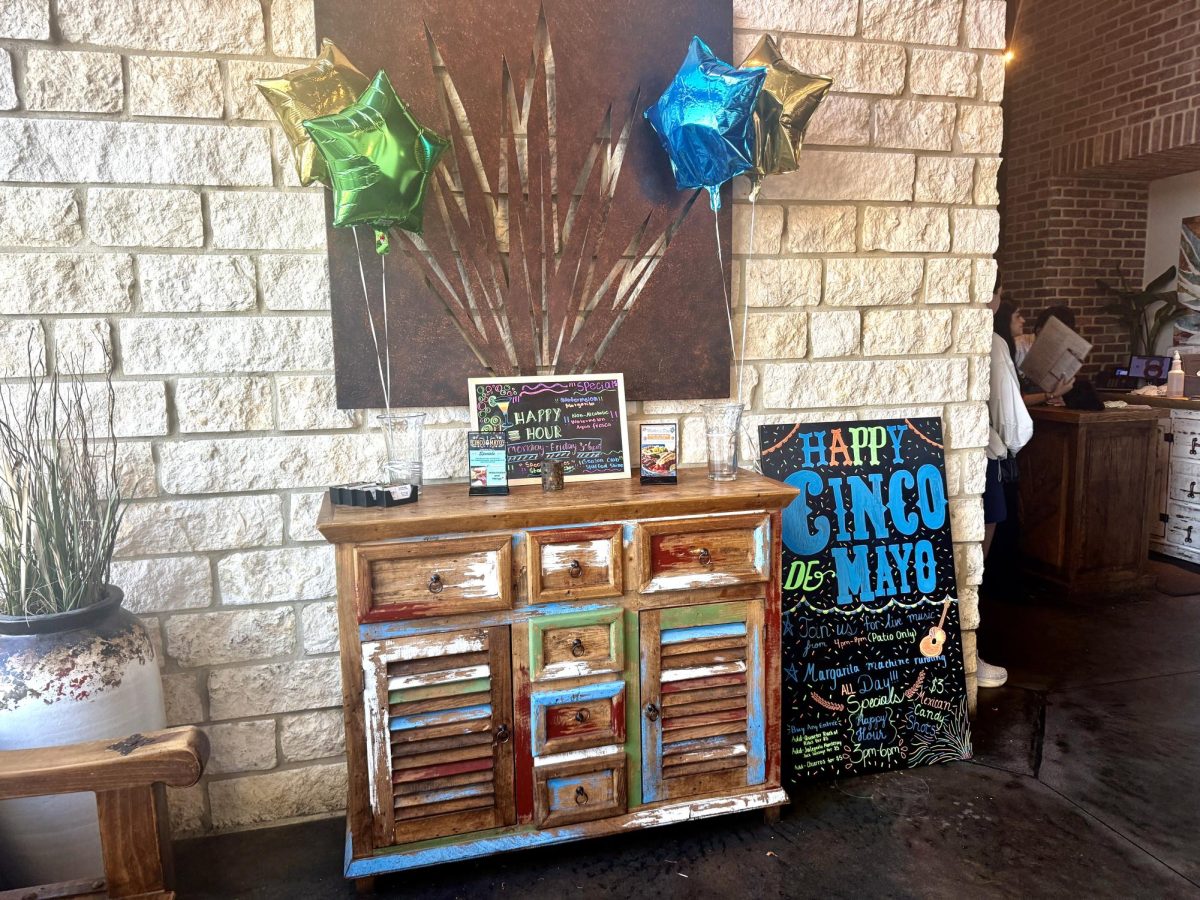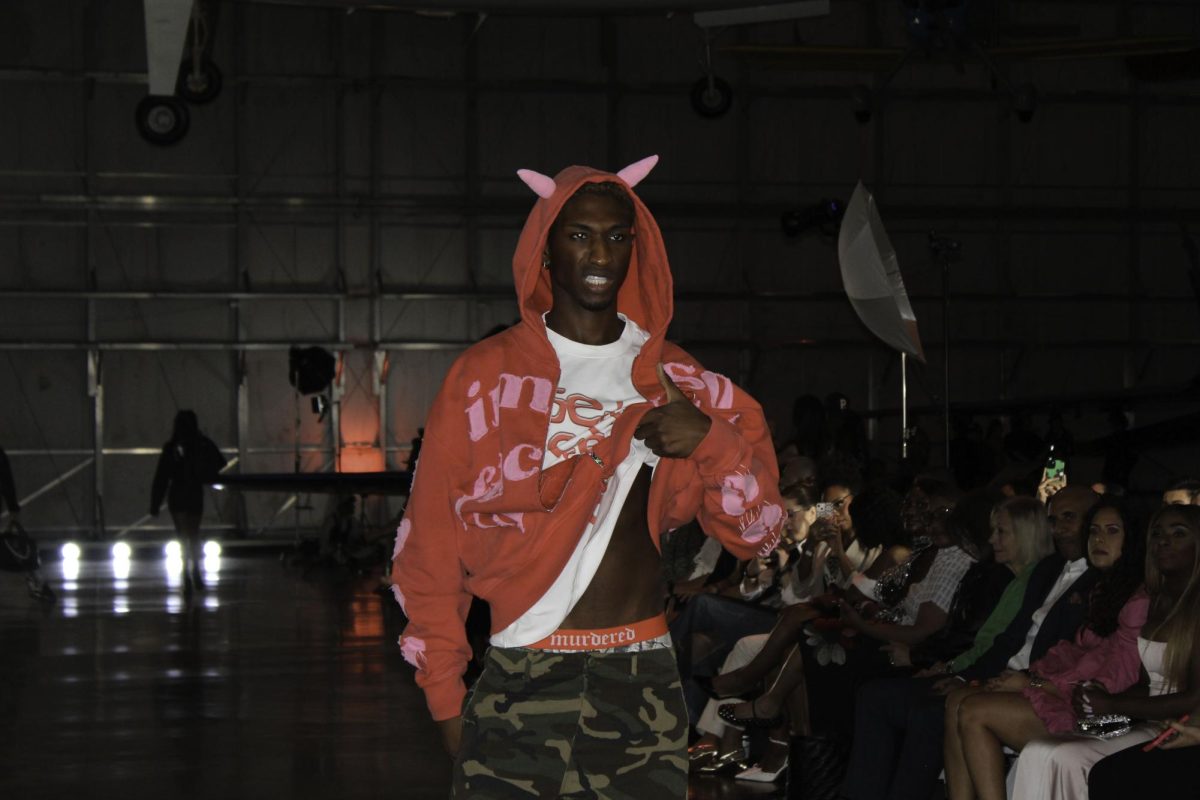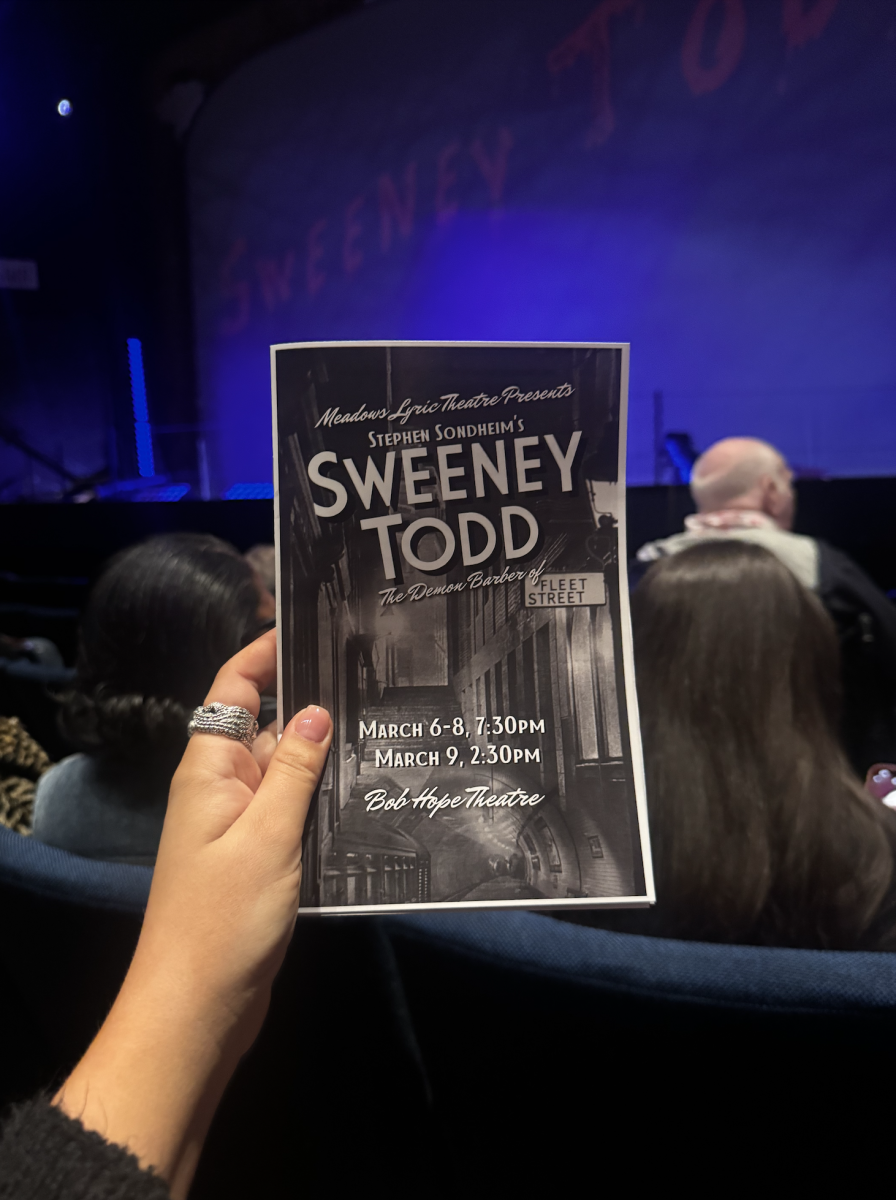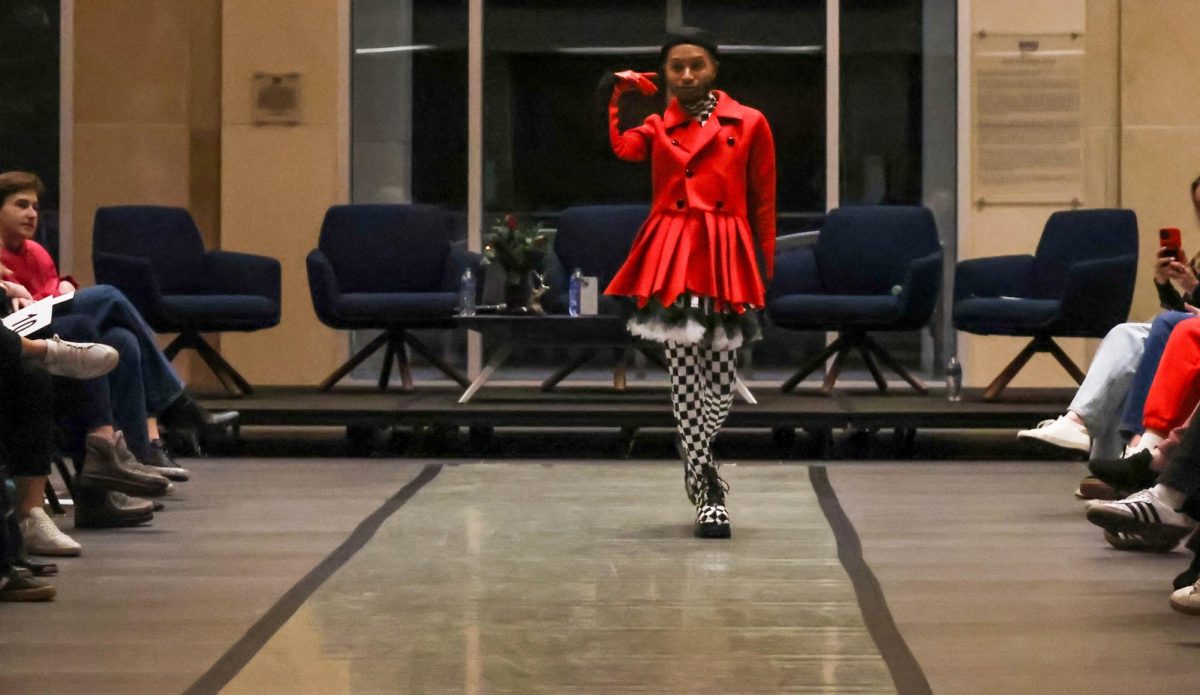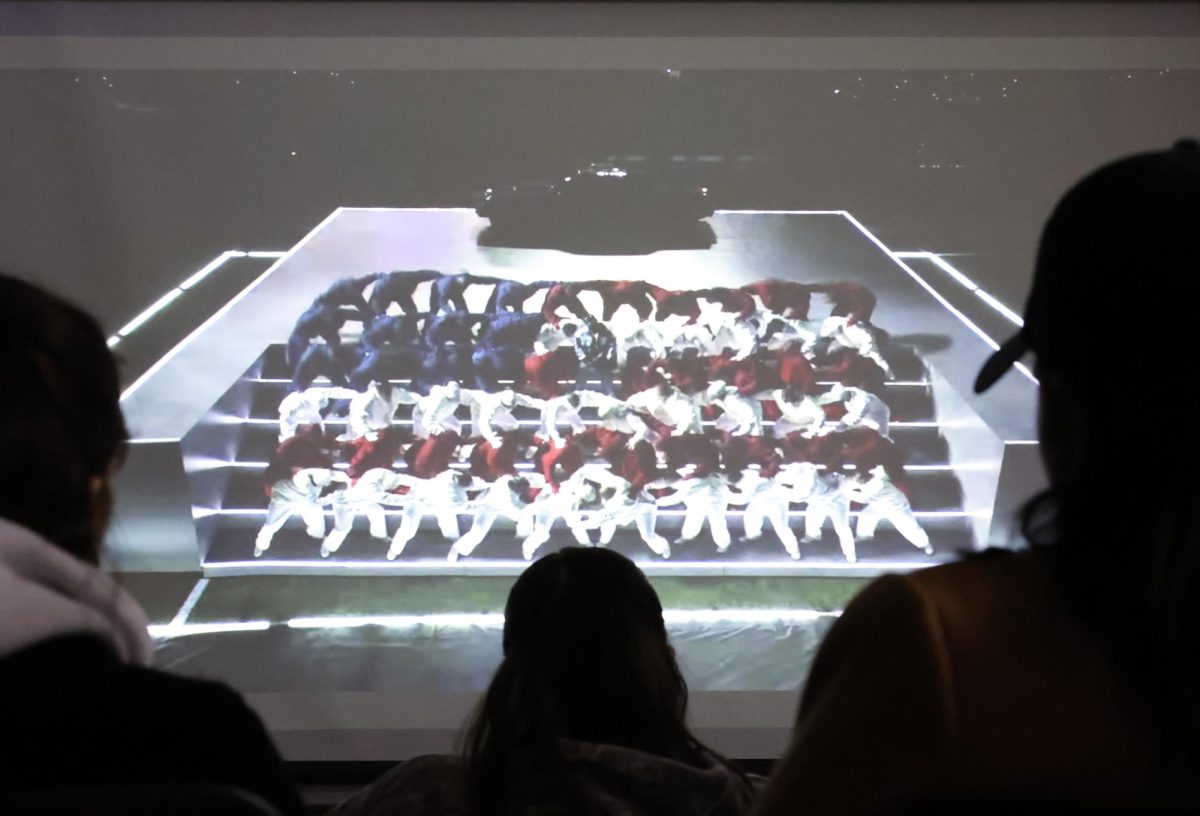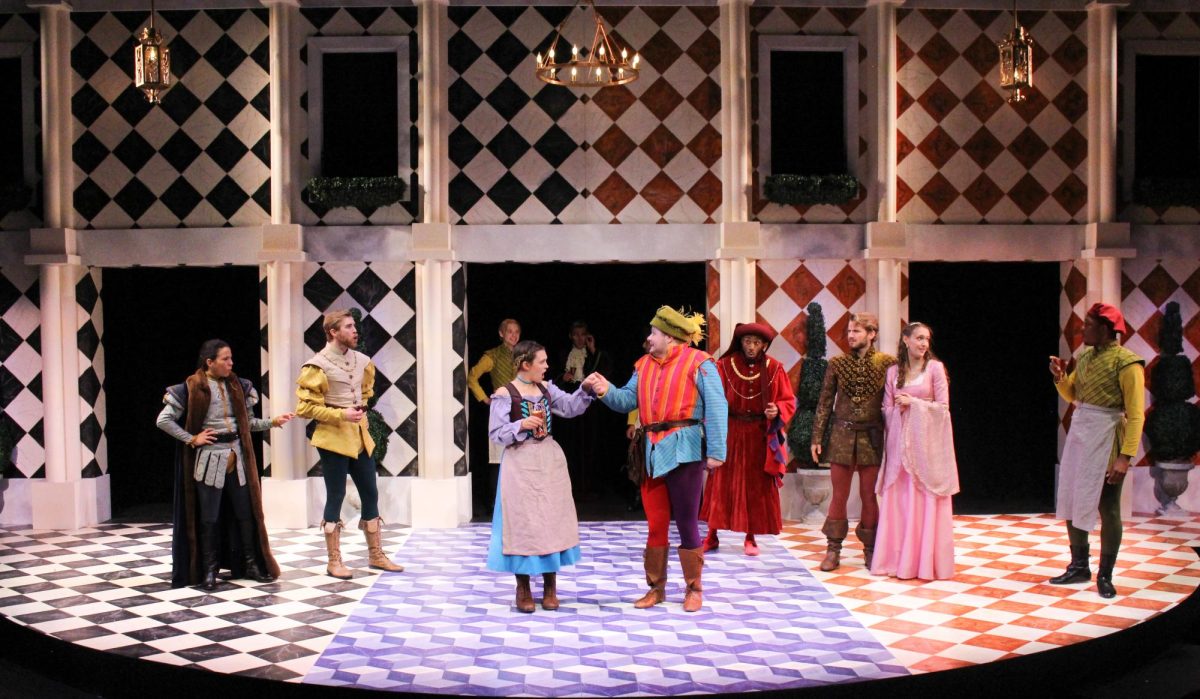The third and fourth episode, “Music” and “Capitalism,” of the Hulu docu-series “The 1619 Project” aired Feb. 2. The docu–series expands on the long-form journalism initiative The 1619 Project created by Pulitzer Prize-winning journalist Nikole Hannah-Jones and The New York Times Magazine in 2019.
Hannah-Jones came to Southern Methodist University as the keynote speaker for the Dallas Literary Festival in March 2022. Her lecture was held in the McFarlin Auditorium.
“She was on the stage the same week Martin Luther King had been there in 1966,” said Dr. Sanderia Faye Smith, SMU English professor and executive director of the Dallas Literary Festival. “That hit me—especially when we presented her with the picture [of MLK]—in a way that I don’t have words for it yet. The disappointing thing is that they were both still talking about the same thing—equal rights.”
Hannah-Jones is the host and an executive producer in the docu-series, which explores how contemporary America is shaped by slavery and the contributions of Black Americans. Its first two episodes, “Democracy” and “Race,” premiered Jan. 26.
“I think series and documentaries like this are so important because you can never know too much about your own history,” said Aysia Lane, SMU senior majoring in journalism and film. “Slavery is all of our history. The whole world was involved. We can’t ignore that. Having a docu-series like this keeps it fresh on our mind that we have so much more to learn.”
Although Lane has yet to view “The 1619 Project,” she understood that stories about history can be complex. She said that these stories need a visual medium to show the complexity and the range of emotions—the pain and suffering or the joy and positivity—people share within their experiences.
Lane and Crislyn Fayson were co-directors and co-writers for the documentary #BlackatSMU, which depicts five Black students’ experience with racism on SMU’s campus.
“The whole point of the film was to make people uncomfortable enough about what’s happening at predominantly white institutions,” Lane said. “The purpose was to get people to talk about race on this campus. [For people to] see there’s a history here and that we can’t ignore it.”
Dr. Rick Halperin, director of the SMU Human Rights Program, said the goal of history is to teach lessons.
“We can hopefully learn from history to have the best society possible,” Dr. Halperin said. “Slavery—one of the great sins of humankind and certainly of this country—has had a devastating impact in the more than 400 years this country has existed. We have to admit pain from the past, admit wrongdoing, admit the devastating consequences that slavery and segregation had and still have, and face the past to get better.”
However, there are people who struggle to recognize America’s not so beautiful past or shy away from discussions about it because the topic makes them uncomfortable.
People must lean into that discomfort because on the other side is change.
“It is painful for everybody,” Dr. Halperin said. “But we’ve got to get to a point where all people are guaranteed an opportunity at life with dignity and rights.”
Dr. Smith was proud when she learned “The 1619 Project” developed into a docu-series and watched it when it first premiered.
“To me [Hannah-Jones] is carrying the banner,” Dr. Smith said. “She’s an African American woman out here traveling throughout the world carrying the message of us [African Americans] and she has not wavered.”
The last two episodes of this six-part docu-series, “Fear” and “Justice,” will be released Feb. 9.
However, the show does not have to end after its last credit screen. Check out “The 1619 Project” viewing guide, which includes guided questions for each episode. Continue the conversation. Be curious. You could even take a class—there are over 100 courses taught by over 60 different faculty members within the human rights curriculum at SMU. There is so much more to learn about history and social justice issues.
“I challenge people who feel they have no relation to the topic to watch it with an open heart and mind,” Lane said. “Just watch it. Just be open to whatever you feel, or don’t feel, and try to confront that.”



